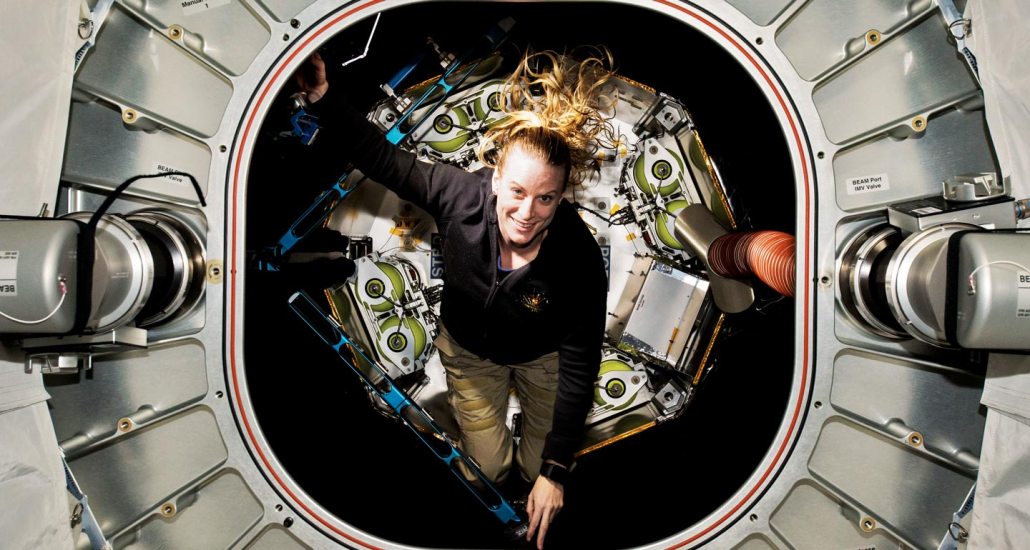Questions for ‘Surviving Mars missions will take planning and lots of innovation’

Scientists are studying how to protect astronauts on missions to Mars, where there will be minimal room for medical gear. Here, NASA astronaut Kate Rubins inspects a compact habitat on the International Space Station. It can be expanded into a living or work space.
NASA